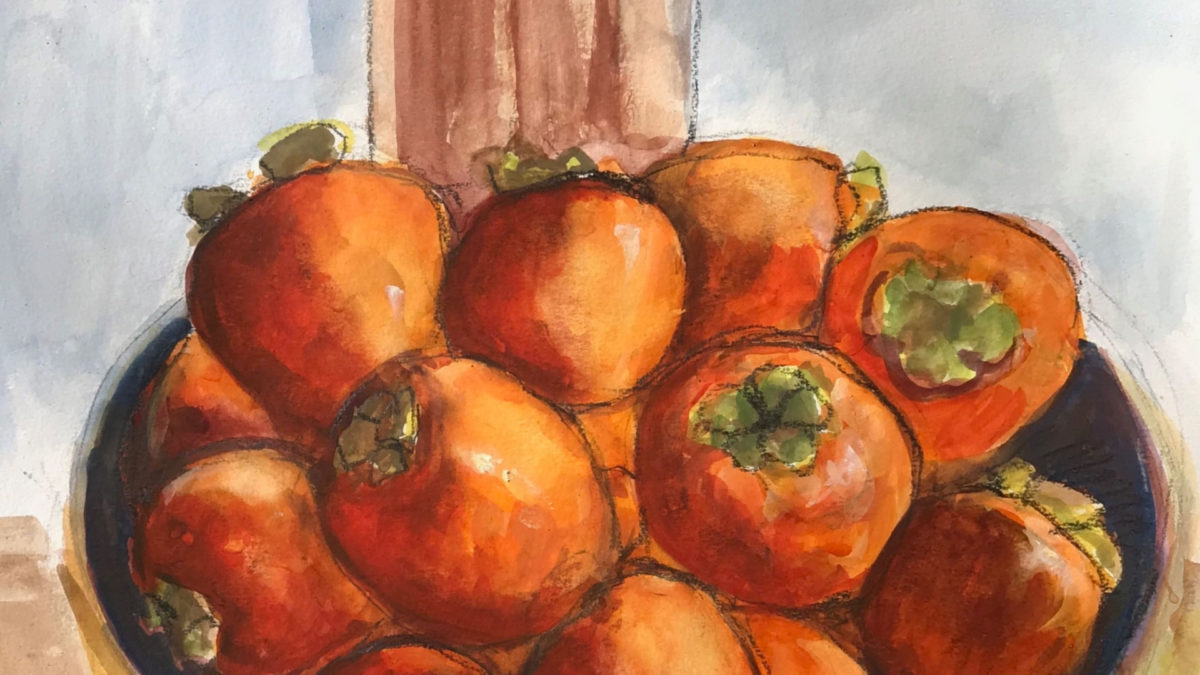
This semester, we’ve been exploring the Gospel of John and what it says about Identity. We’ve been reading about two chapters each week since the beginning of the semester and talking about highlights at our worship gatherings. That will continue through the end of the fall, but I’ll be posting a weekly blog starting this week with some additional thoughts. For this first blog, I want to revisit some ideas from John 2.
As I think about Identity, I’m convinced that it has more to do with ‘who’ you are than ‘what’ you do. A strong sense of self and appreciation of personal uniqueness becomes unstable when it is too closely related to what you’re good at or how you’re expected to act in the world. I would also argue that it takes a strong identity to know when and how to act, especially when the moment calls for courage and ‘out of the ordinary’ behavior. I believe that Jesus has come to show us who we are and how to live from a strong sense of self. A solid identity, grounded in who Jesus is and what He’s done for humanity, is available to all who are willing to follow Him (see John 1:12).
I encourage you to read the stories in John 2, the first being the Wedding at Cana. It’s Jesus’ first recorded miracle. Turning water into wine has deep theological meaning both for 1st Century Jews and for 21st Century Followers of Jesus — that’s a discussion worthy of a coffee meet up. But what’s also significant is the example Jesus gives us related to identity. In v.3, Mary brings the unfortunate incident of no more wine to her son. While we aren’t quite sure if Mary knows that her son is God in the flesh, we do know she believes him to be sent to her by God; and at the very least, assumes her son would heed her request to bring a solution to this problem.
Jesus’ response is blunt: “Mom, it’s not my time yet.” What does he mean by this? Not time to do a miracle? Based on what happens next, we can conclude that he doesn’t mean that or it wouldn’t make sense to still perform the miracle (A similar situation comes up later in John 7 when Jesus’ brothers want him to go public with his miracle working power and his response is the same: “Guys, it’s not my time yet”). More than likely, Jesus’ response about time is about doing a public and dramatic miracle that ends with the entire wedding company in awe of his abilities. He’s essentially saying to his mom, “I know I can do this, but I’m not going to do it that way.” He performs the miracle, but in the background. How does one, even the Son of Man, know not just what but also how to use his abilities? It has everything to do with identity.
Mary, the wedding servants, and the disciples will continue to have questions about Jesus’ identity – but Jesus knows who He is, and therefore knows how and when to use his abilities. He doesn’t need this moment to inflate his ego. He has nothing to prove and isn’t afraid of going unnoticed. He is free to act out of who he is, not in order to accomplish something for himself.
Going forward, we will watch Jesus act out of a deep understanding that He came from God and belongs to God – it gives him authority, authenticity, and grace in everything He does.
This is Jesus’ story and it can be ours as well. Jesus invites us on a journey of self-discovery by learning the ‘unforced rhythms of grace’ from Him. The original disciples and multitudes of Christians over time would agree. Jesus says
“Whoever follows me will not walk in darkness, but will have the light of life.” (John 8:12 ESV)
The ‘light of life’ is as much a personal reality as it is a spiritual one. This is Jesus’ story, and through Him, it has been made available to each one of us.
Executive Director



